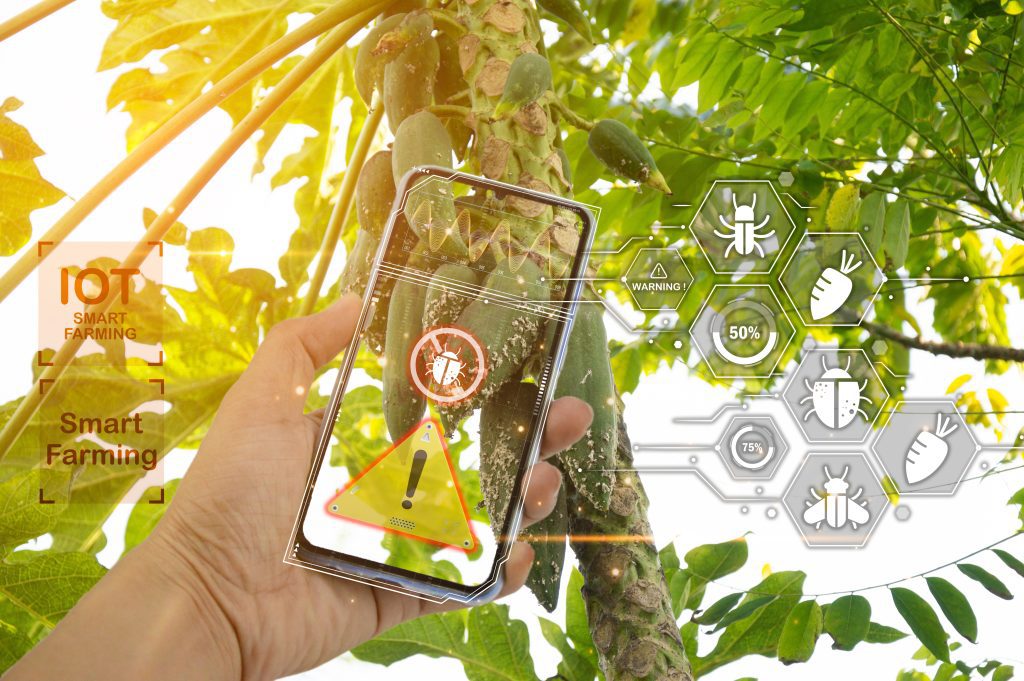
Felix Collins, the entrepreneur behind Full Circle Biotechnology, is making strides in the sustainable agriculture sector with his innovative use of black soldier fly larvae to produce eco-friendly animal feed.
Based on the outskirts of Bangkok, his company harnesses the power of 20 million larvae to create a high-protein feed alternative that could significantly reduce the environmental impact of traditional feeds like soybean, which is often linked to deforestation in South America.
The larvae are cultivated in a controlled, humid environment, where they consume fruit and vegetable waste from food and drink manufacturers. This waste is transformed into a nutrient-rich feed through a process that also integrates probiotic bacteria and mushrooms, resulting in a product that boasts up to 70% protein content—far surpassing the less than 50% found in soy products.
Collins emphasizes the sustainability of his method, noting that the carbon footprint of his insect-based feed is “100 times lower” than that of soy-based options, provided the larvae are fed natural food waste. However, a report suggests that if the larvae consume processed food, soybean feed may actually be less carbon intensive.
Despite the ecological benefits and the superior nutritional value of Full Circle’s product, the company faces economic challenges. The cost of insect-based feed remains high, about €1,400 per ton compared to €460 for soybean feed, posing a significant barrier to widespread adoption.
In response, Collins is turning to artificial intelligence to streamline production and reduce costs. Full Circle biotechnology is developing an AI system to optimize every aspect of insect farming—from environmental conditions to food quantity and space requirements. This AI-enhanced approach not only promises to refine production processes but also to expand the scale and nutritional value of the output.
Collins believes that AI can accelerate the trial-and-error process, enhancing the company’s understanding of insect farming to optimize production. He compares the nascent industry of insect farming to the centuries-old practice of rice cultivation, suggesting that there is much to learn, and that AI can uncover insights that would be unattainable by human analysts alone.
Meanwhile, in Lithuania, Cogastro is also exploring AI solutions for insect farming. The company, which currently offers monitoring software for insect farms, plans to introduce AI capabilities that will autonomously adjust and improve farm operations. However, Cogastro’s CEO, Mante Sidlauskaite, cautions against the premature deployment of AI technologies, emphasizing the importance of developing robust data models through extensive industry engagement.
Full Circle continues to refine its AI system in collaboration with Singapore-based expert Simon Christofides, focusing on leveraging technology to advance the understanding and efficiency of black soldier fly larval farming. As this sector grows, the integration of AI could pave the way for making sustainable animal feed solutions more accessible and economically viable, potentially transforming agricultural practices on a global scale.
Inside Telecom provides you with an extensive list of content covering all aspects of the tech industry. Keep an eye on our Intelligent Tech sections to stay informed and up-to-date with our daily articles.